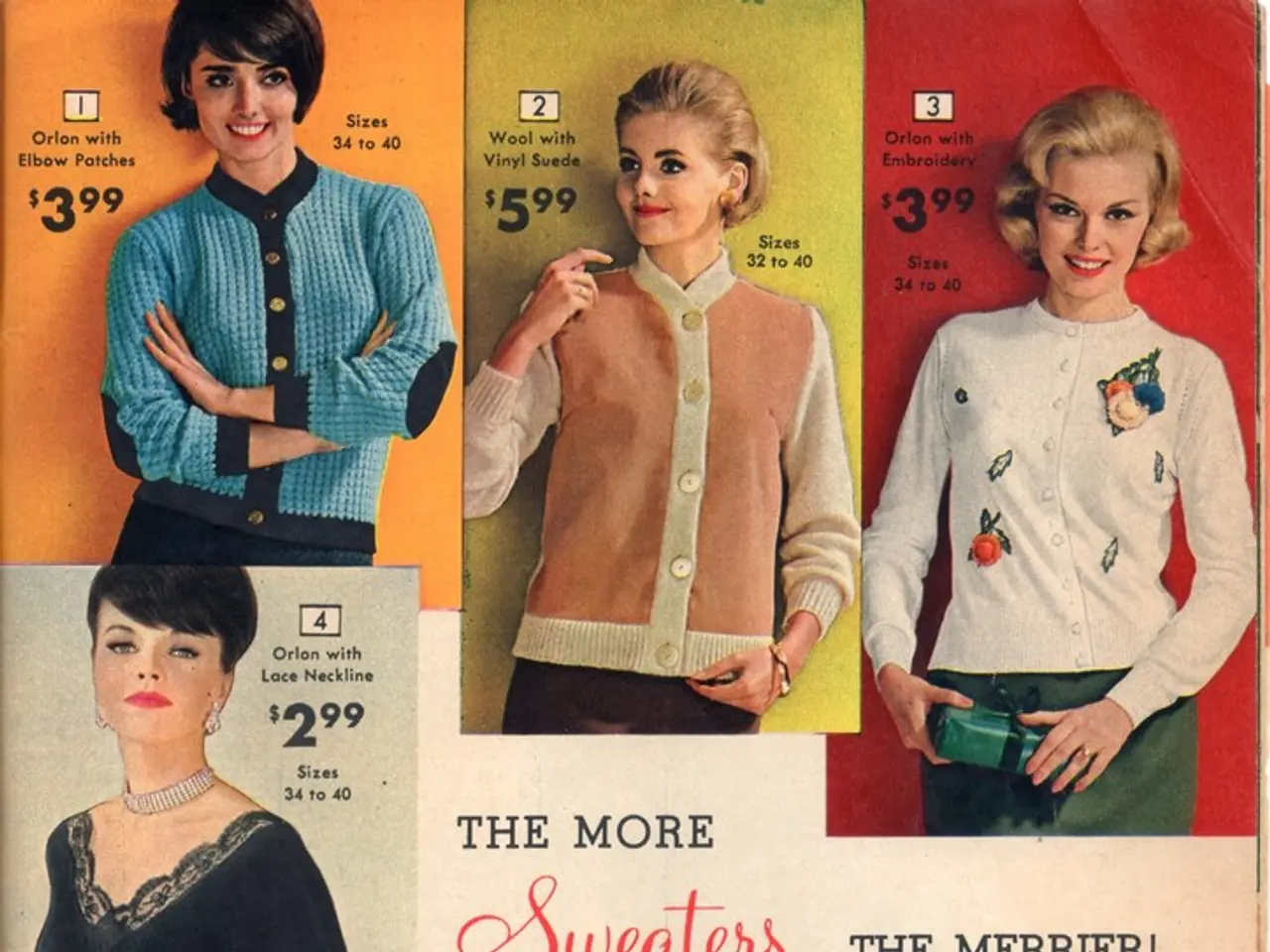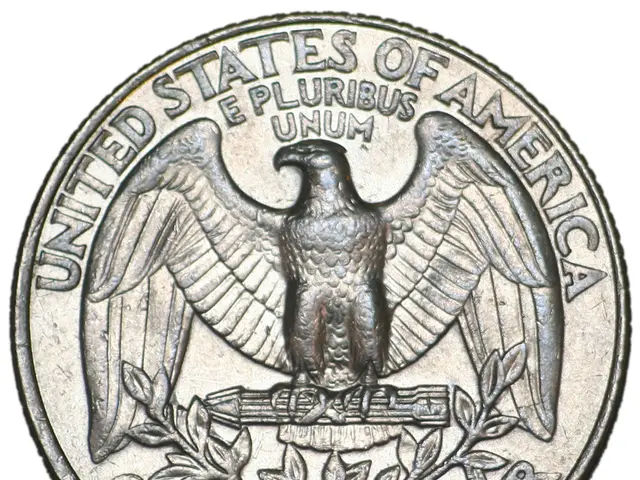The Desire to Pursue a Career in Fashion Designing: Motivations Explored
In the ever-evolving world of fashion, a career in design offers an exciting blend of artistic passion, practical skills, and business potential. The allure of fashion design lies in its ability to cater to the creative, the innovative, and the adventurous.
For many, the draw is the opportunity to transform their imagination into tangible wearable art. Fashion design provides a unique creative outlet, allowing individuals to express their ideas through fabric, color, style, and culture in original ways. This field highly values and requires creativity, making it an appealing choice for those with a natural affinity for fashion.
Beyond just clothing design, the fashion industry offers a wide range of career paths. From styling and merchandising to textile design, product development, fashion technology, and fashion journalism, the versatility of career options allows for personal interests to guide one's professional journey.
The global fashion industry is expansive and growing, with increasing opportunities worldwide. Skilled designers have access to both local and international markets, thanks to trends like sustainable fashion and e-commerce. This industry growth and demand create a fertile ground for entrepreneurs and those seeking diverse career opportunities.
Fashion design education equips learners with not only technical skills like sewing, pattern making, and garment construction, but also essential business knowledge such as marketing and finance. This combination enables learners to run or contribute to successful fashion enterprises.
Courses often provide exposure to professionals, fashion events, and real-world projects, accelerating career growth and creating opportunities. Networking and experiential learning are crucial components of a fashion design education, providing a solid foundation for a dynamic and challenging career.
For those who enjoy continuous learning and adapting to ever-changing trends, fashion design offers excitement and the chance to build a personal brand. Successful designers often collaborate with varied clientele and attend global fashion events, appealing to adventurous spirits.
Inclusive design is another key aspect of fashion design, with some designers aiming to create designs that cater to a wide range of body types and ethnicities. This approach reflects a growing focus on diversity and inclusivity within the fashion industry.
Many designers prioritize sustainable fashion, ethical sourcing, and inclusivity in their designs to create a positive impact on society and the environment. This commitment to sustainability and ethics is increasingly valued by consumers and is a significant trend in the fashion industry.
Despite the challenges, fashion design remains a rewarding and inspiring career for those passionate about style and innovation. The power to influence and shape trends in society and the fashion world is a powerful incentive for many.
In summary, many choose fashion design because it blends artistic passion with practical skills and business potential in a vibrant, expanding global industry that values innovation and personal expression. Whether you're drawn to the creative outlet, the wide range of career paths, the industry demand and growth, or the opportunity to make a positive social impact, a career in fashion design offers a world of opportunities.
- Incorporating finance knowledge into their education, fashion designers can gain the skills necessary to run successful and sustainable businesses.
- As fashion becomes more diverse and inclusive, designers focus on creating styles and pieces that cater to a variety of body types, ethnicities, and lifestyles in the fashion-and-beauty sector.
- With the construction of a personal brand, fashion designers can collaborate with global fashion houses, businesses, and networks in both fashion and business careers.




